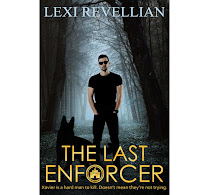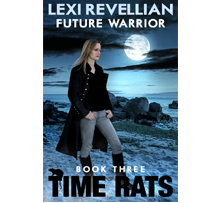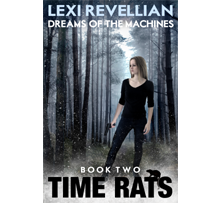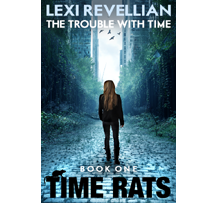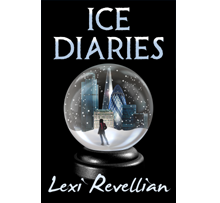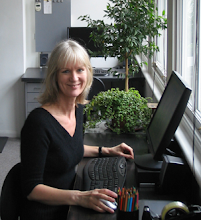- Journalists
- Anyone with a contact in publishing
- Anyone famous for something other than writing
- Anyone related to someone famous
Recent examples include 21 year-old Samantha Shannon; from the Guardian article: "Her father knew someone in touch with literary agent David Godwin and, after an email exchange, he agreed to look at her manuscript. He was 'kind' about it but also turned the book down. Yet it was this connection that would not long afterwards lead to Shannon doing a two-week summer internship with his agency (in Seven Dials, Covent Garden), which was to prove illuminating about 'how the industry works'." David Godwin subsequently became her agent and sold the first three novels in her fantasy series to Bloomsbury for a six-figure sum.
Lottie Moggach is doubly qualified by being a journalist and daughter of Deborah Moggach, the successful writer. Her first novel, Kiss Me First, has recently been published by Picador.
Then there's promising newcomer JK Galbraith, who turned out to have got a deal for his first crime novel by actually being JK Rowling.
I haven't read any of these books, and I'm not implying they are not excellent and worthy of a publishing contract. But I think this nepotism matters, because the pool from which publishers select authors is in reality quite small, however vast the slush pile may be. It seems to me self-evident that there are many equally good or better writers who are rejected time and again after a cursory glance by an intern. And these days when the future of Big Publishing is uncertain, they cannot afford to miss the next Big Thing just because it happens to have been written by a nobody.
P.S. On a happier note, self-publication has again proved the best way to go for most of us. Steve Robinson has accepted an offer from Amazon for a four book deal with an option on book five following the huge popularity of his genealogical crime series, now on special offer. Go Steve!



